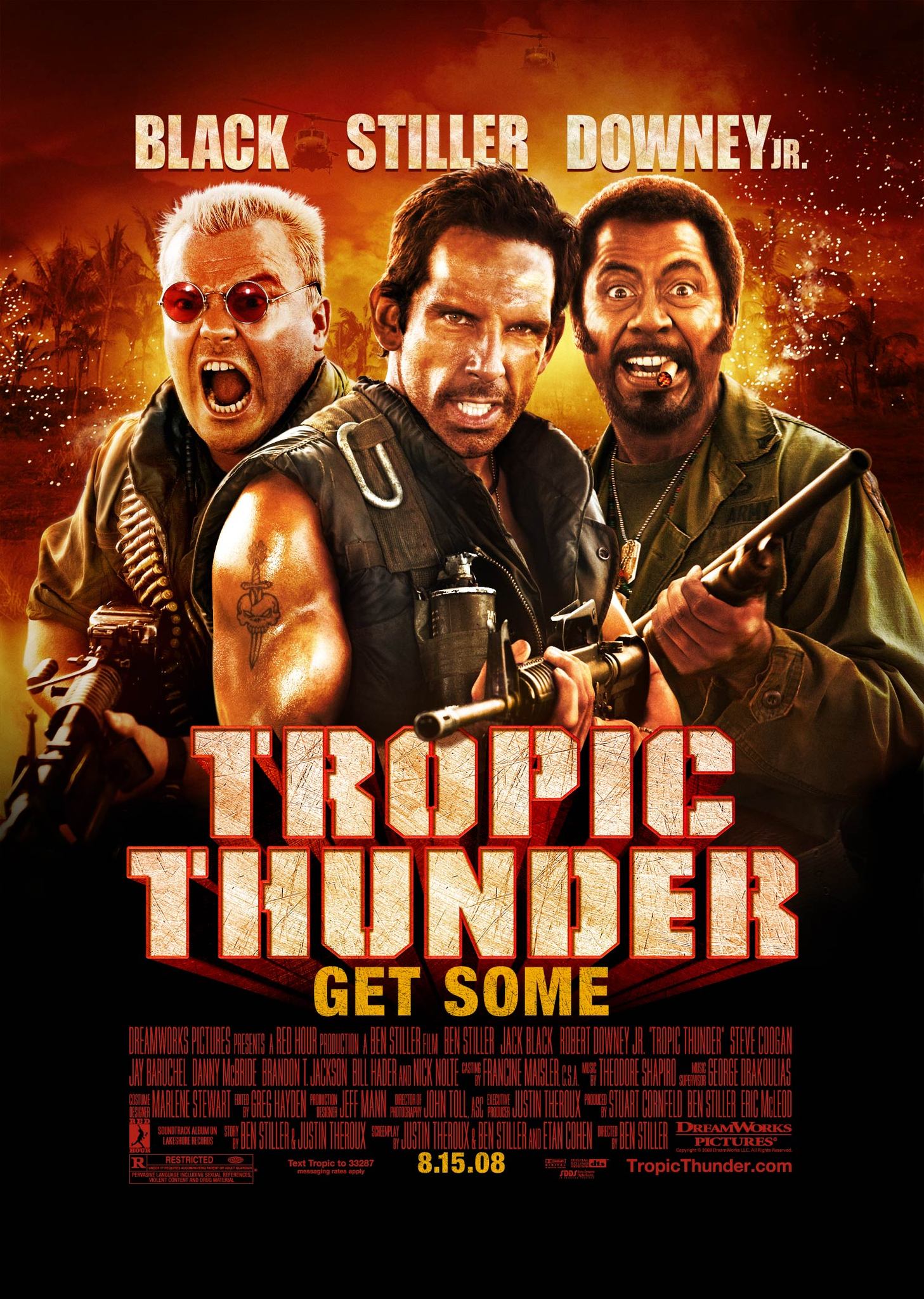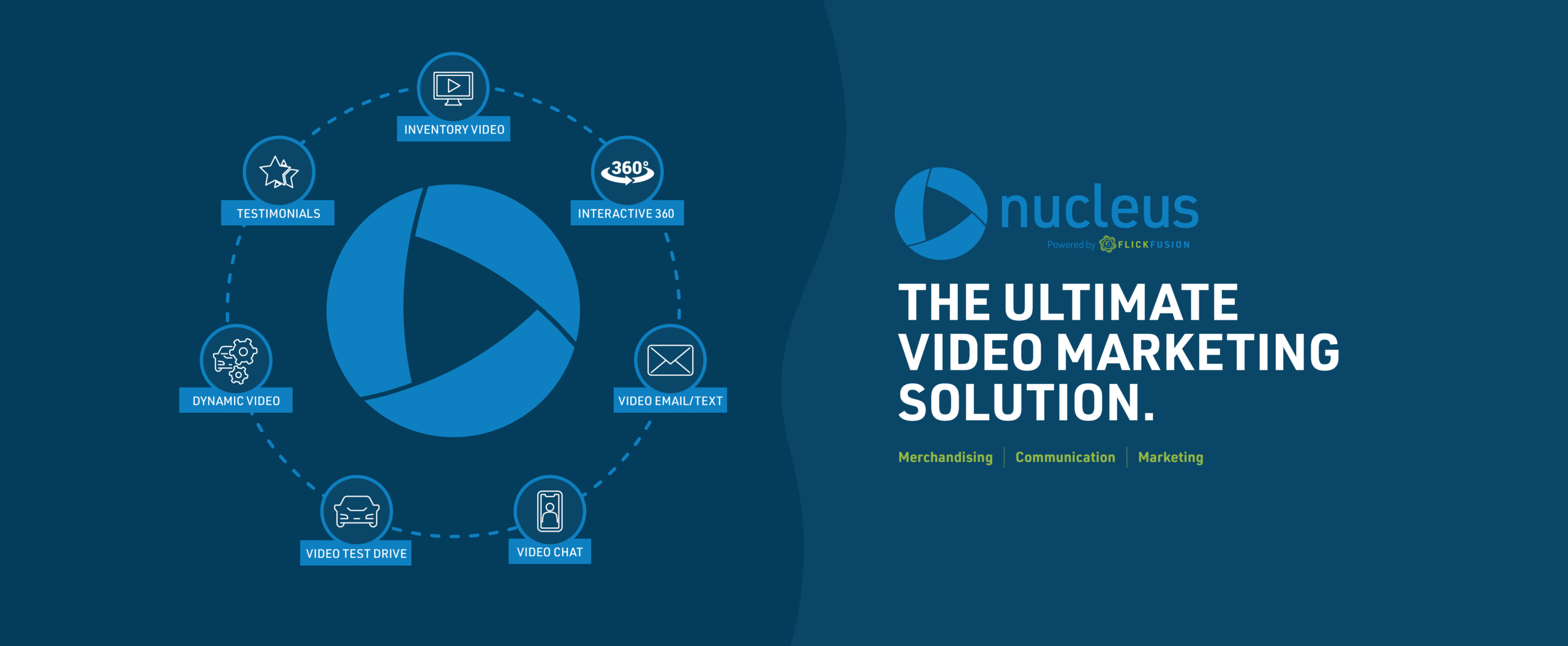
Best Movies Based on True Stories: Powerful Films That Bring Real Life to the Big Screen
Movies based on true stories have a special power: they remind us that real life can be more dramatic, inspiring, and heartbreaking than anything fiction can create. These films connect us to history, human resilience, and the extraordinary experiences of ordinary people. From gripping biographical dramas to emotional survival stories, true-story movies continue to shape the landscape of cinema and leave lasting impressions on audiences worldwide.
Below is an in-depth look at some of the best movies based on real events—films that not only entertain, but illuminate the world we live in.
1. Schindler’s List (1993)
Steven Spielberg’s masterpiece remains one of the most important films ever made. Based on the true story of Oskar Schindler, a German businessman who saved over 1,000 Jews during the Holocaust, the film is both devastating and deeply humane. Its stark black-and-white cinematography and powerful storytelling have solidified it as a landmark in historical cinema.
2. The Social Network (2010)
This sharply written drama tells the origin story of Facebook and its complicated creator, Mark Zuckerberg. Blending fact with artistic interpretation, the film explores themes of friendship, betrayal, and ambition in the digital age. It remains one of the most compelling tech-biographies ever put on screen.
3. 12 Years a Slave (2013)
Based on Solomon Northup’s 1853 memoir, the film portrays the true story of a free Black man kidnapped and sold into slavery. Director Steve McQueen delivers an emotionally intense and visually stunning adaptation. The film won multiple Academy Awards and is widely considered required viewing for its historical importance.

4. The Pursuit of Happyness (2006)
Starring Will Smith, this inspirational drama is based on the life of Chris Gardner, a homeless salesman who fought against all odds to provide a better life for his son. Its portrayal of perseverance, poverty, and parenthood resonates with audiences around the world.
5. Spotlight (2015)
This investigative drama follows The Boston Globe journalists who uncovered widespread child abuse within the Catholic Church. The film celebrates the importance of journalism and earned the Academy Award for Best Picture. It’s a riveting and sobering reminder of the power of truth.
6. Catch Me If You Can (2002)
Steven Spielberg’s stylish cat-and-mouse story is based on the real life of Frank Abagnale Jr., a brilliant con artist who forged checks, impersonated professionals, and evaded the FBI throughout the 1960s. With charismatic performances from Leonardo DiCaprio and Tom Hanks, it’s one of the most entertaining “true story” films ever made.
7. Hidden Figures (2016)
This uplifting film tells the long-overlooked story of three African-American women—Katherine Johnson, Mary Jackson, and Dorothy Vaughan—who played critical roles in NASA’s early space missions. It’s a celebration of brilliance, resilience, and breaking barriers in the face of systemic inequality.
8. The Wolf of Wall Street (2013)
Based on Jordan Belfort’s autobiography, Martin Scorsese’s explosive film chronicles the excess, corruption, and chaotic lifestyle of a Wall Street stockbroker in the 1990s. The film is both hilarious and disturbing, showcasing how ambition without accountability can spiral into destruction.
9. The Theory of Everything (2014)
This emotional biographical drama follows the relationship between famed physicist Stephen Hawking and his wife, Jane. It portrays Hawking’s early struggles with ALS and his groundbreaking scientific work. Eddie Redmayne’s performance earned him an Oscar and captured the complexity of Hawking’s life and legacy.
10. Remember the Titans (2000)
Based on coach Herman Boone and the newly integrated 1971 T.C. Williams High School football team, this beloved sports drama explores race, teamwork, and unity. With strong performances and a powerful message, the film continues to inspire generations.
11. Darkest Hour (2017)
Gary Oldman’s transformative performance as Winston Churchill anchors this World War II drama. The film follows Churchill’s early leadership during the rise of Nazi Germany and the critical decisions that would shape the course of history. It’s a tense and gripping historical portrait.
12. Erin Brockovich (2000)
Julia Roberts stars as a legal assistant who uncovered a major environmental scandal involving contaminated drinking water. The film is a testament to persistence and ordinary people making extraordinary change. Roberts’ Oscar-winning performance remains one of her career highlights.
Why True-Story Movies Matter
Cinema has always been a powerful tool for storytelling, but when the story comes from real life, its impact can be even more profound. True-story films:
• Preserve important histories
They help new generations understand events they did not live through.
• Humanize complex issues
War, discrimination, corruption, and social justice feel more real when dramatized through individual experiences.
• Inspire audiences
Stories of resilience, courage, and triumph remind us of what the human spirit is capable of.
• Spark conversation and change
Many true-story movies lead to policy discussions, renewed investigations, or cultural reflection.
True stories turn into great movies not because they are factual, but because they reveal something universal about being human.
Final Thoughts
The best movies based on true stories do more than recount facts—they move us, challenge us, and reshape how we see the world. Whether you enjoy gripping historical dramas, biographical films, or uplifting stories of personal triumph, the titles above represent some of the finest examples in the genre.
RELATED POSTS
View all



